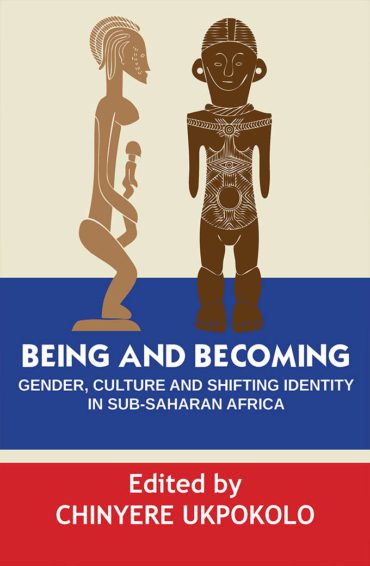Description
Africa’s Path to Economic Development is an uncommon book that sheds light on the perennial woes of nearly all countries that make up the African continent. Uncommon because unlike many other books that have been published on the challenges faced by Africa for the last sixty years, this book focuses on the political systems and governance processes that have characterized African countries. It deliberately calls out current African leaders to introspectively look themselves and answer the question whether their policies have fostered economic development, human wellbeing and the pursuit of happiness of their fellow citizens or the contrary. This book is approached from the political economic perspective because unless one understands the interplay between political decision-making and economic processes and how such interplay determines government institutions and ideology, it would be difficult recommending possible solutions to the economic doldrums that have continued to beset African countries to this day.
While the book largely lays the blame on the leadership styles and ideologies, it nevertheless brings out the role of the international system of supranational institutions that came into existence after World War II, and how these international institutions have contributed in no small measure to some of the economic distress and frustrations that have been the hallmarks of many an African country. Economic stagnation with its attendant misery have been responsible for many intranational and sometimes fratricidal conflicts and wars in quite a handful of countries on that continent. The draconian prescriptions by some Bretton Woods institutions have not helped when conditionality hasn’t been met. The unfortunate case of the Democratic Republic of Congo, the richest piece of real estate on planet earth with its strategic natural resources coveted by almost the entire world and the ancillary scramble by small and big powers is examined. The book ends with a set of recommendations to African leaders and the global community to be more willing to share with fairness.
Praise for “Africa’s Path to Economic Development”
Succinct, erudite and critically informed, Africa’s Path to Economic Development does a superb job in diagnosing the causes of Africa’s socioeconomic malaise – endemic corruption, weak governmental institutions and the stranglehold of neocolonial arrangements that continue to enrich the metropolis and comprador classes at the expense of the masses; but also, most importantly, a rigged international economic system to which Africa has been for the most part, benign spectators. This short, but eloquently written volume advocates the urgency of giving a seat at the decision-making table to our millennial generation – they who have the most to lose if African leaders fail to get their acts together. It is they, armed with new technological skills, boundless natural and human resources, and hopefully, visionary leaders who must upscale Africa’s footpaths to the gigantic powerhouse it is capable of being.
— Jude Fokwang, Associate Professor of Anthropology & Development Practice, Regis University.
This book is a must read for policy scholars and practitioners alike, interested in why Africa’s path to economic development has been so rough and perilous, and what can be done to fix it. Writing from a vantage position as a one-time policy maker in his native Cameroon, Fomunung creatively adopts a political economic and institutional approach to diagnose Africa’s economic woes, with a strident flair very few Afrocentric authors before him have been able to match. In the 1990s I was privileged to watch the author (then a senior policy maker in the Cameroon Ministry of Tourism) try to craft and sell an eco-tourism policy to a nonchalant government. His argument was that ecotoursism was the future of tourism, and an important sector that, if well managed, could become one of the building blocks of Cameroon’s economic recovery. Nobody in government took notice. The frustration of that experience, I am sure, inspired this book. It is also an experience from which young public-sector managers in African can learn.
— Julius N. Fondong, Senior Political Affairs Officer, UN Mission in the Democratic Republic of Congo.
“Informed by empirical observations and cutting-edge development theories, Joseph Fomunung explains why Africa remains on the last rungs of the world’s economic ladder. His poignant recommendations substantiate the arguments made by many economists that underdevelopment is development outside of culture. This is an enriching read to both African Studies scholars and policy makers.”
— Victor Gomia, Associate Professor, Delaware State University










Reviews
There are no reviews yet.